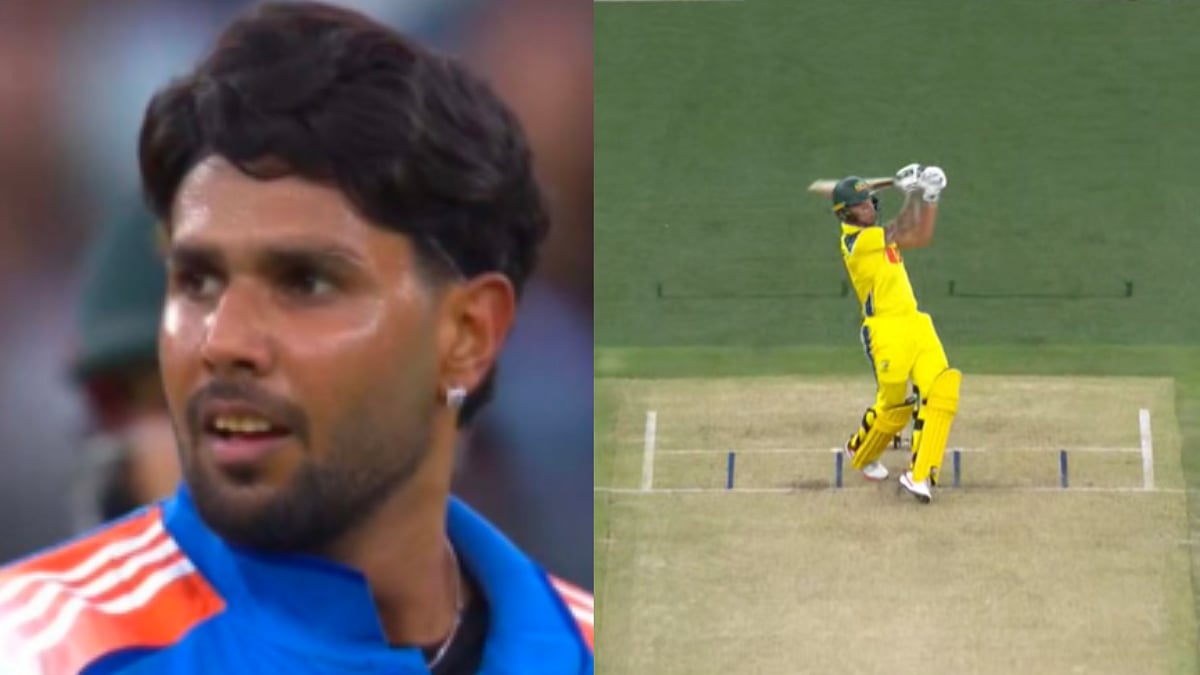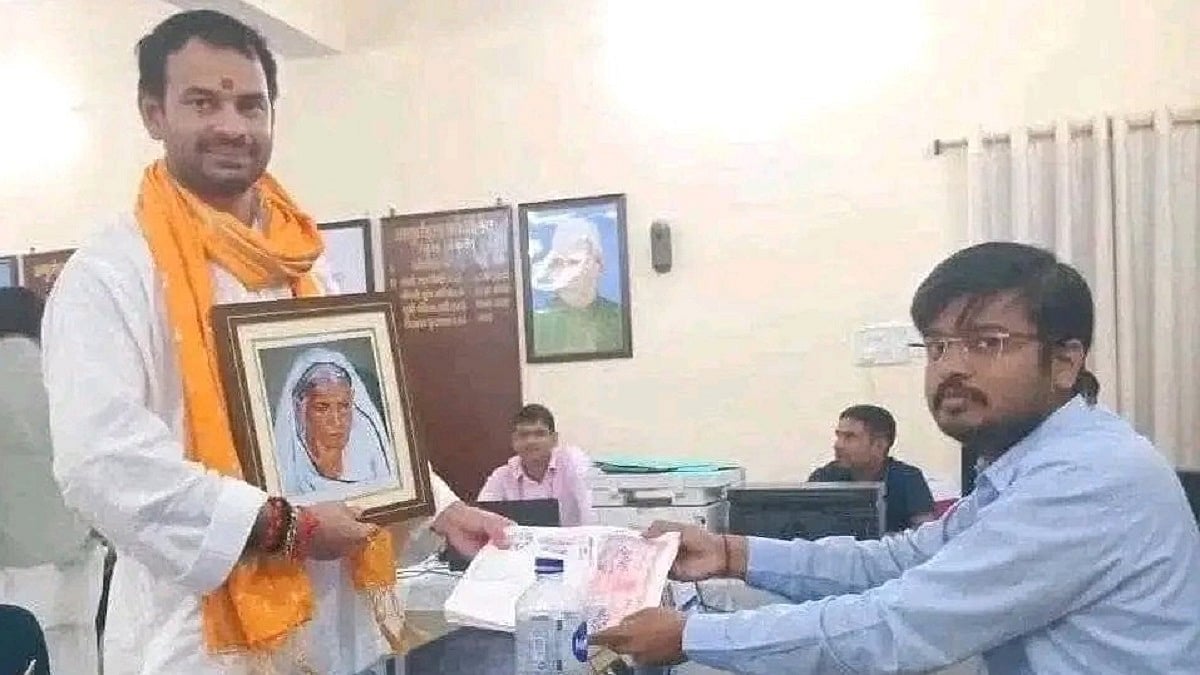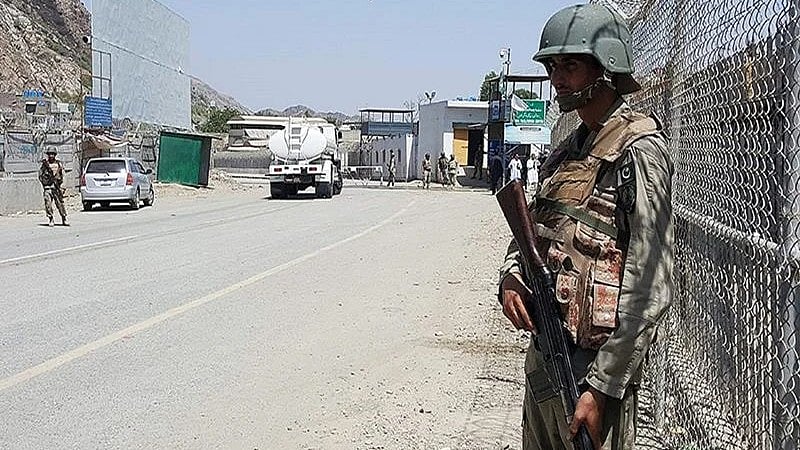“The object of terrorism is terrorism. The object of oppression is oppression. The object of torture is torture. The object of murder is murder. The object of power is power. Now do you begin to understand me?”
― George Orwell, 1984
Rage of the invisiblised, battered and demeaned is often threatening to those in power. It rankles and challenges authority, forcing it to acknowledge those it oppresses. In these instances it works against amnesia, violence and consensus of the entitled. The rage against recently passed draconian trans bill, the criminal hike in university fees, the impending anti-constitutional Citizenship Amendment Bill – all bear witness to this. Gathering voices of people on the streets rends the patina of apathy as principles of justice are invoked and championed.
But we also know that rage can be the inverse of this. It can flatten dissent, reinforce bigotry and target the innocent. The lynchings of Akhlaq, Tabrez Ansari, Khairlanji massacre, the assassinations of Gauri Lankesh, MM Kalburgi and Narendra Dabholkar – all remind us that it can spread like a rabid poison. Rage can haunt those that wield it and devastate those who are its targets.
Responses to the horrific rape of a veterinary doctor in Hyderabad and the eventual exaltation of the ‘encounter’ or extra judicial killing of the four accused can be seen as a contest between these two kinds of rage.
On November 28th, as the news of rape and murder of a young doctor broke – the country recoiled in horror. Disturbing and graphic accounts of how she was brutalised, murdered and her body burnt – flashed on television screens and mobile phones. As the day went on anger began to mount. Memories of another horrific gang rape of a young woman on December 16th 2012 in Delhi came flooding back. She too had been going about her daily life when her future was cruelly truncated by a group of ruthless and cold-blooded murderers. The 2012 incident became a frame to think about the current state of women. However, unlike 2012 when a large cross-section of civil society, students, lawyers, young professionals took to the streets to question the police and pressurise the legal system to be more vigilant – the last few days have seen a celebration of the abandonment of legal procedure, an acceptance of vigilantism and a sense of victory around ‘instant justice’ readily provided by the police. Very quickly the country went from being deeply concerned about the fundamental causes behind the rise in such crimes, to rejoicing in the news that the four accused had been shot dead. Reactions of those celebrating ranged from relief to righteous anger. Those who had meted such pain and violence to an innocent woman deserved to be equally terrorised. They had to be made into examples so that fear could be instilled in the hearts of other men. Amidst high flying emotions, calls were made for public lynching, incarceration without trial or parole, and fast-tracking of capital punishment. Since the encounter, many of those who disagreed with police action have said that death should have come to these men but through the judicial system.
There is little doubt that gender justice has been the lowest priority agenda within the political discourse of this country. The slow pace of the judicial process, police apathy and social stigma – continue to push survivors away from the possibility of happy, healthy and fulfilling lives. Every act of violence against women then must be a matter of collective introspection, and must equally demand our solidarity.
In the current scenario this would mean that every rape accused be shot dead by the police after initial investigation. This would also mean that former Union minister Chinmayanand, former member of the BJP Kuldip Singh Senger, self-proclaimed holy men like Asaram, Gurmeet Ram Rahim, Bishop Franko Mullakal – be assigned death by police bullets instead of being given a fair trial. But to the contrary, they still enjoy considerable social capital and political patronage. In fact the logical conclusion to draw from the euphoria of the past few days would be that police encounters should be allowed for all crimes that merit capital punishment. This would also bring a Parliamentarian like Pragya Singh Thakur who is being tried for terrorism charges, in the possible list of people to be felled by police bullets because the law is simply too long. We all know, however, that even to suggest this is bizzare and unconstitutional because these people are protected by the guarantees of a democratic political and legal process. A guarantee that can be arbitrarily withdrawn from or never really available to the poorest and the most dehumanised in this country.
Further, these killings have freed the police of any further expectations of collecting evidence, carrying out detailed investigations or even connecting other possible crimes to these accused. The same agency that was being derided for its insensitivity in handling the case is now being hailed as a heroic force for taking the law into its own hands. The government too has found a way out of dealing with public anger, the needful has apparently been done so there is no requirement to make any structural changes or think about more imaginative ways of making public spaces safer for women. Obvious questions are being asked by concerned journalists, citizens and even former police officials – Why did no police personnel sustain any bullet injuries if indeed they were fired upon? Why were all four accused taken to the scene of crime at 3 am in the morning? How did all four men receive identical bullet wounds? Why were they not taken to any nearby hospitals in order to be saved? What is chilling, however, is that whether or not this was a ‘genuine encounter’ does not even matter in public opinion because there seems to be a consensus about how working class men accused of rape with no political patronage should be treated.
There have been innumerable cases where accused apprehended by the police have been proven innocent later seems to have no bearing on the champions of vigilante justice. Think back to the chilling murder of a young child studying at Ryan International School in Gurgaon. He was found in the school toilet with his throat slit, soon the local police made a breakthrough and a school bus conductor was paraded in front of television cameras as the primary accused. The police’s theory was that Ashok Kumar had entered the toilet with the intention of sexually assaulting the child and when resisted he slit the boy’s throat in a fit of rage. He was booked under Section 302 (murder) of the IPC, and under sections of the Arms Act and The Protection of Children from Sexual Offences Act (POSCO). Five months later when the CBI overtook investigations in the case it was found that Ashok was innocent and had no involvement in the crime. We only know this because the bus conductor was not gunned down in an encounter at 3am at the site of his alleged crime.
Finally, the words of the brother of Unnao rape survivor who was burnt to death while she was on her way to court will continue to haunt us- when asked how he would undertake the final rites of his sister he said – “she is already burnt, I will bury her now.” Caught between a corrupt and indifferent criminal justice system and vigilante anger reserved for the poor and powerless, perhaps these words also ring true for justice. It was already burnt all these years, the last few days have seen it being buried.
The writer is a film scholar and artist.











